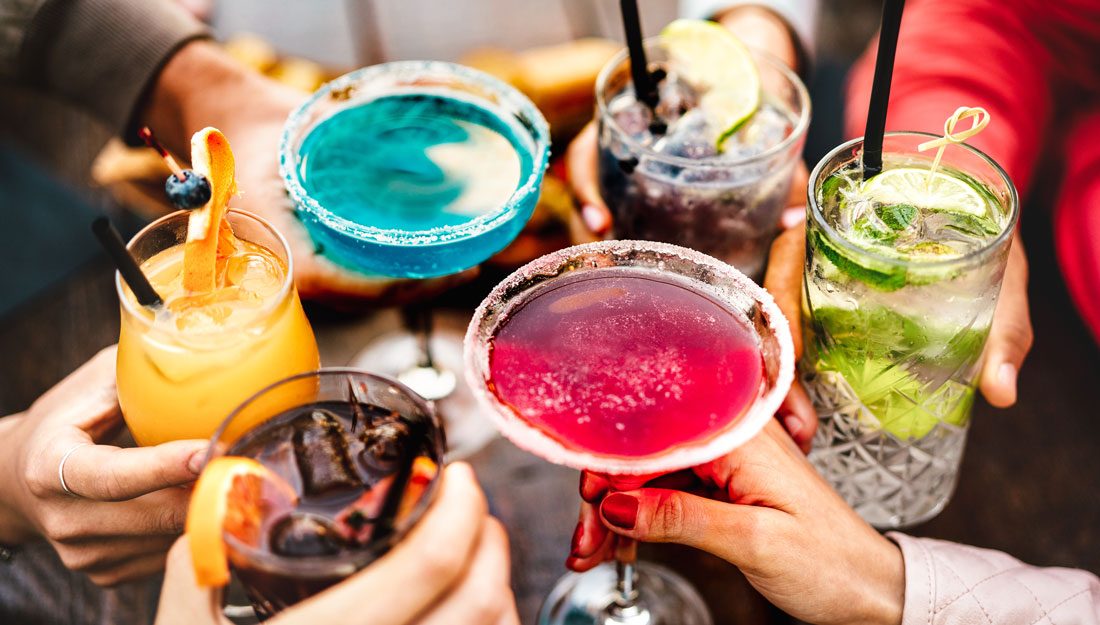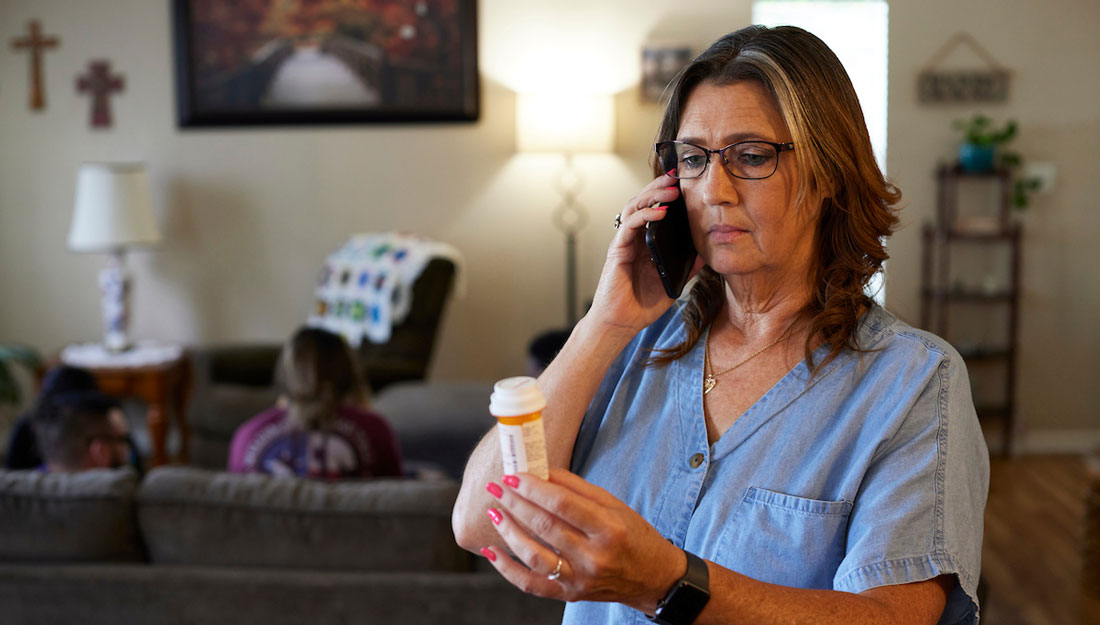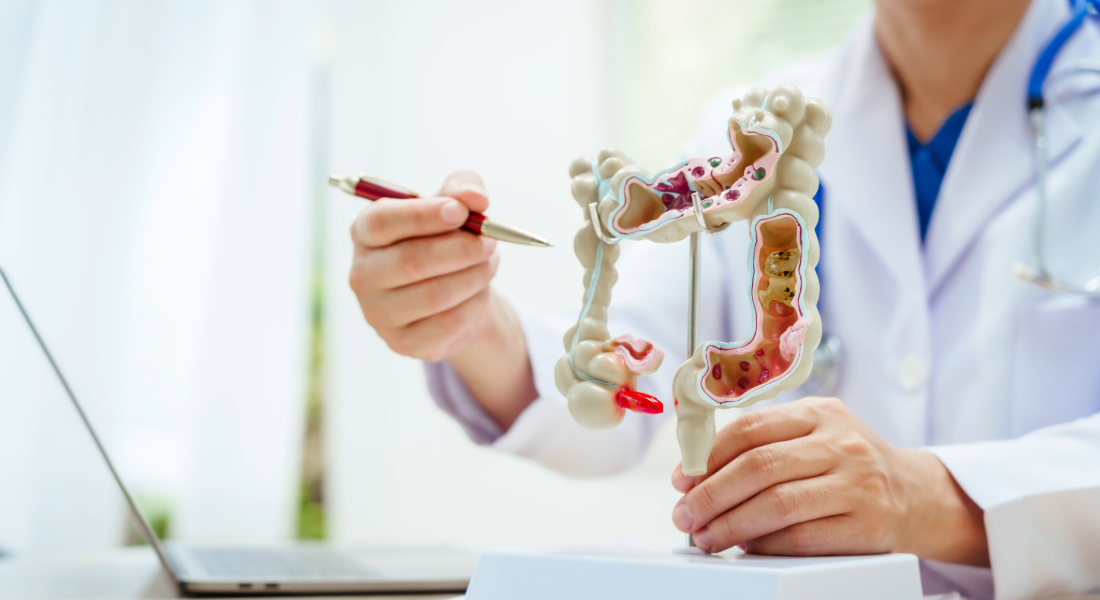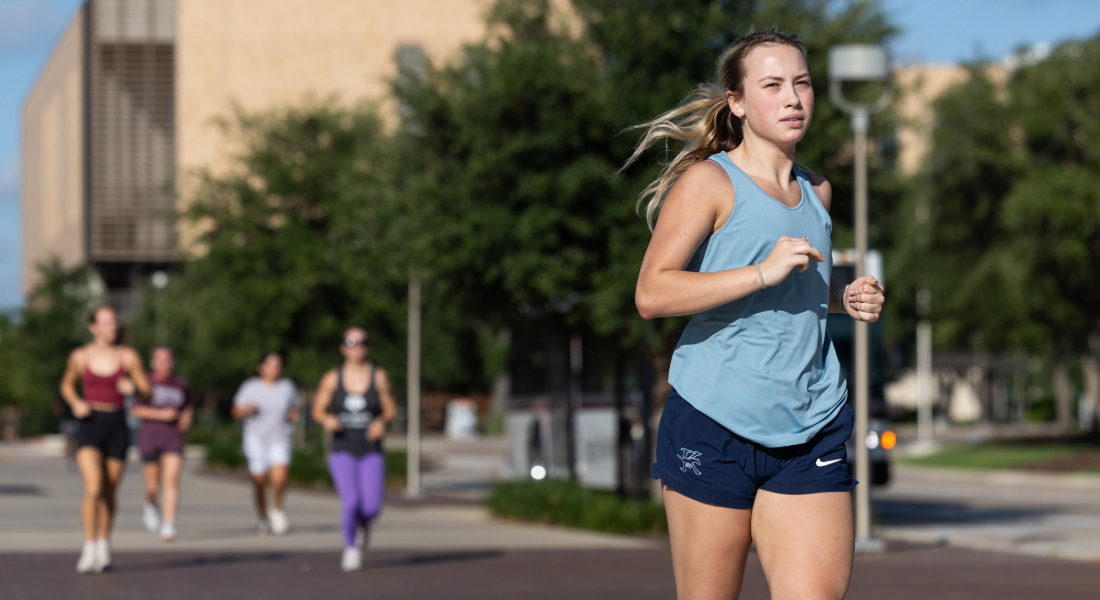- Lasha Markham
- Health Tips, Healthy Living, Show on VR homepage, Trending
Is happy hour raising your cancer risk?
The U.S. surgeon general now requires a cancer warning on alcohol products, but your personal risk depends on numerous factors

The U.S. Surgeon General’s advisory on alcohol and cancer links alcohol to 20,000 cancer deaths per year. (Adobe Stock)
For decades, the medical community has agreed that lifestyle factors, genetic predisposition and environmental risks contribute to cancer risk. Now, experts are taking a closer look at the link between alcohol consumption and cancer.
The U.S. surgeon general recently issued an advisory warning that alcohol use is associated with at least seven types of cancer. The advisory highlights a direct correlation between the amount of alcohol consumed and an individual’s cancer risk. With this advisory, the surgeon general has called for updated health warning labels on alcoholic beverages to reflect this risk.
Kenneth Ramos, MD, PhD, a nationally renowned physician scientist and professor at the Texas A&M University Health Science Center (Texas A&M Health), specializes in translational, clinical research regarding various types of cancer. He said that although moderate amounts of alcohol are believed to provide potential benefits to health, large quantities could negatively impact health in more ways than one.
The World Health Organization and the Centers for Disease Control and Prevention both recommend limiting alcohol intake to prevent immediate and long-term health risks. There is no “safe” threshold, according to these organizations, but they agree that the less alcohol consumed, the lower your personal risk to health and well-being.
Ramos explained that many cancers and other diseases are caused by inflammation, which alcohol is known to exacerbate.
“I think it would be safe to say that the primary way that alcohol can cause cancer is through uncontrolled inflammation associated with alcohol use,” Ramos said. “Alcohol is metabolized to acetaldehyde in the body. If you accumulate large amounts of acetaldehyde, that’s believed to be toxic to your body.”
He further elaborated that chemical metabolism increases inflammation, which is associated with increased levels of free radicals in the body and damage to DNA structures. Because of this inflammation, certain populations might be at a higher risk.
People of Asian descent, for example, are more likely to have deficiencies in metabolism compared to other subgroups. Ramos said this phenomenon is informally known as “Asian flush.” This reddening of the face after drinking alcohol is caused by specific gene variants affecting aldehyde dehydrogenase, the enzyme that breaks down acetaldehyde. One variant produces a nonfunctional enzyme and is common among people of Asian descent but rare among Caucasians or African Americans. Ramos added that this dysfunction may increase inflammation in the body, thereby potentially increasing cancer risk.
The most common types of cancer linked to alcohol risk are liver cancer, breast cancer in women, and cancers impacting the gastrointestinal system, including stomach, pancreas, esophagus and colon.
The key to preventing cancer of any sort, Ramos said, is moderation and leading a generally healthy lifestyle. He encourages eating a healthy diet with fruits, vegetables and protein, lowering your stress levels, participating in emotional relaxation, exercising 180 minutes per week and being conscious of lifestyle choices such as tobacco use, sleeping habits and moderate alcohol consumption, which is one to two drinks per day.
“If you want to simplify it all, the dose makes the poison,” Ramos said. “So just make sure that you don’t overdo it and that you do everything in moderation. Recognize that you don’t have to be perfect all the time—you just have to be good most of the time.”
Media contact: media@tamu.edu


